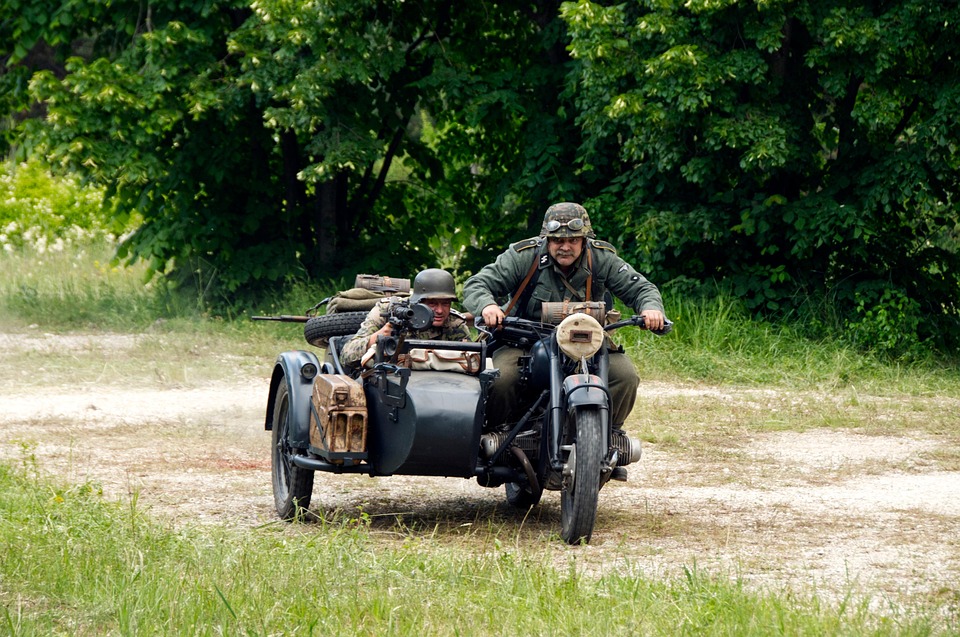In the realm of online gaming, clan wars have emerged as a prominent feature, fostering intense competition and camaraderie among players. These virtual battles, whether in MMORPGs, strategy games, or shooters, create a unique social dynamic that captivates millions. But what drives players to engage in these fierce contests? The answer lies in a complex interplay of psychological factors.
1. The Need for Belonging
At the core of human motivation is the need for belonging—a fundamental drive that compels individuals to seek out social connections. Clan wars create a sense of identity among members, offering players a community to belong to. This affiliation transforms individual players into comrades, united by a shared goal and mutual support.
As players engage in clan wars, they not only fight for victory but also for the pride and honor of their group. The emotional investment in their clan’s success can be profound, leading to a deep sense of fulfillment.
2. Competition and Mastery
Humans are inherently competitive, a trait that has been rooted in our evolutionary history. The challenge presented by clan wars allows players to test their skills against others, giving rise to a desire for mastery. This competition is not just about winning or losing; it’s about personal growth and the satisfaction that comes from improving one’s abilities.
The thrill of competition stimulates the release of dopamine—often referred to as the “feel-good hormone.” Every victory, every tactical maneuver that leads to success, reinforces a player’s desire to compete further, creating a positive feedback loop.
3. Achievement and Recognition
Clan wars often come with tangible rewards, such as rankings, achievements, or in-game resources. These incentives serve to amplify the drive to compete. The sense of accomplishment that comes from achieving a high rank or claiming victory in battle can boost self-esteem and foster a sense of purpose.
Recognition from peers further enhances this sense of achievement. Players may find motivation in the praise and respect earned from fellow clan members, driving them to engage in wars not just for the win but to build their reputation within the gaming community.
4. Social Dynamics and Rivalries
Rivalries play a crucial role in intensifying the competitive atmosphere of clan wars. The existence of adversarial clans fuels a narrative that adds depth to the competition. Players will often reflect on their clan’s history with rival groups, creating a storyline that enriches their gaming experience.
The dynamics of social competition can invoke feelings of hostility or camaraderie, prompting players to strategize and cooperate more closely with their clan members. This social glue often leads to long-lasting friendships as players share the highs and lows of warfare together.
5. Escapism and Virtual Identity
For many players, online gaming provides an escape from the stresses of daily life. Engaging in clan wars allows individuals to embody a different persona, one that may be more confident or assertive than their real-world selves. This virtual identity can be liberating, granting them the freedom to explore aspects of their personality they might not express otherwise.
In this context, competing for a clan’s honor can take on significant emotional weight, as victories contribute to a player’s self-concept, enhancing their feelings of competence and control.
6. Teamwork and Strategy
Clan wars often require a high degree of teamwork, demanding players to communicate, strategize, and execute plans collaboratively. This social interaction fosters social bonding and reinforces the idea of working toward a common mission. The necessity of relying on others can deepen friendships and create a sense of unity among clan members.
Additionally, strategizing for a clan war activates cognitive skills such as critical thinking and problem-solving, keeping players mentally engaged and invested in the outcome.
Conclusion
The psychology behind clan wars is intricate and multifaceted, driven by an array of emotional, social, and cognitive factors. From the deep-seated need for belonging to the thrill of competition and achievement, these virtual battles represent much more than mere gaming. They encapsulate the essence of human interaction, community building, and the pursuit of mastery.
For players, the drive to compete in clan wars offers a comprehensive experience that resonates on various psychological levels, creating a compelling motivational force that sustains their engagement. As the gaming landscape continues to evolve, understanding these dynamics will remain crucial in harnessing the power of clans and competition in the gaming community.



